Must We
Divide History
Into Periods?
EUROPEAN PERSPECTIVES
A Series in Social Thought and Cultural Criticism
EUROPEAN PERSPECTIVES
A Series in Social Thought and Cultural Criticism
Lawrence D. Kritzman, Editor
European Perspectives presents outstanding books by leading European thinkers. With both classic and contemporary works, the series aims to shape the major intellectual controversies of our day and to facilitate the tasks of historical understanding.
For a complete list of books in the series see .
Must We
Divide History
Into Periods?
JACQUES LE GOFF
Translated by M. B. DeBevoise
Columbia University Press

New York
Columbia University Press
Publishers Since 1893
New York Chichester, West Sussex
cup.columbia.edu
Copyright ditions du Seuil 2014.
Collection La Librairie du XXle sicle, sous la direction de Maurice Olender
Translation 2015 Columbia University Press
All rights reserved
E-ISBN 978-0-231-54040-7
Library of Congress Cataloging-in-Publication Data
Le Goff, Jacques, 19242014
[Faut-il vraiment dcouper lhistoire en tranches? English]
Must we divide history into periods? / Jacques Le Goff; translated by M.B. DeBevoise.
pages cm. (European perspectives: a series in social thought and cultural criticism)
Includes bibliographical references and index.
ISBN 978-0-231-17300-1 (cloth : alk paper) ISBN 978-0-231-54040-7 (ebook)
1.. Historiography. 2. HistoryPeriodization. I. DeBevoise, M. B., translator. II. Title.
D13.L44413 2015
907.2dc23
2015008949
A Columbia University Press E-book.
CUP would be pleased to hear about your reading experience with this e-book at .
Cover design: Jennifer Heuer
Cover art: Left: Madonna and Child with Saint John the Baptist and Saint Peter, (c. 1290); Attributed to CimabueNational Gallery of Art (Samuel H. Kress Collection)
Right: Madonna and Child with a Pomegranate, (1475/1480), Lorenzo di CrediNational Gallery of Art (Samuel H. Kress Collection)
References to websites (URLs) were accurate at the time of writing. Neither the author nor Columbia University Press is responsible for URLs that may have expired or changed since the manuscript was prepared.
Jacques Le Goffs passing in April 2014 deprived him of the opportunity to review the English translation of his last book prior to publication. With the approval of his estate and the French publisher, a great many small changes have been made to the original text, mainly in the way of correcting minor errors of fact and clarifying points of emphasis and interpretation.
To the authors notes I have added a few of my own, not only to provide fuller citations to the scholarly literature but also to refer the reader to related discussions in Le Goffs earlier work. The bibliography has been revised and augmented as well.
I am grateful to Columbia University Presss referee, Adam Kosto, for his helpful comments on a draft version of the translation.
M. B. DeBevoise
This essay is neither thesis nor synthesis. It is the culmination of many years of research and reflection about the periods of history, particularly Western history. The Middle Ages in Europe have been my companion since 1950, the year I obtained my teaching license. Fernand Braudel chaired the examination committee, alongside the medievalist Maurice Lombard.
I have carried this work inside me for a long time, then. It has been nourished and sustained by ideas that are dear to my heart and that I have tried to express in various ways in the years since.
History, like its subject, time, appears to be continuous. But it consists of changes as well. Historians have long been accustomed to identifying and defining these changes by dividing the continuous stream of events into segments that initially were called ages and then periods.
I wrote this book in 2013. The pace of globalization, as it is called, has now become so rapid that its effects are felt more directly with every passing day. I have looked back over more than six decades, the period of my career as a historian, but also, taking a longer view, over more than six centuries, in order to reconsider the various ways in which historians before me have thought about periodization, whether in terms of continuity or discontinuity, and the various ways in which they have interpreted historical memory.
Studying these different types of periodization makes it possible, I believe, to detect the existence of what may be called a long Middle Agesand this all the more if we take a fresh look at the various ways in which historians have tried since the nineteenth century to make sense of the Renaissance and what they imagine to be its pivotal position in the history of the past thousand years.
In treating the general problem of how history passes from one period to another, in other words, I examine a particular case: the alleged novelty of the Renaissance in relation to the Middle Ages. The present work seeks to establish the major characteristics of a long Middle Ages in the Christian West that extends from late antiquity (between the third and the seventh century) to the middle of the eighteenth century.
If the centrality of the Renaissance is at the heart of my concerns, together with the obligation to reexamine a widely held conception of the Middle Ages that a lifetime devoted to scholarship has convinced me is too narrow to be useful, I trust I have not lost sight of the broader question with which I began, namely, whether history is a unified, continuous whole or whether it is broken up instead into segments of greater or lesser length. To put the question another way: does history really need to be divided into periods?
This essay owes much to Maurice Olender. Not only has he done a marvelous job as the editor of the excellent collection, the Library of the Twenty-First Century, in which my book appears with ditions du Seuil. It is also in his capacity as a historian that I am indebted to him, for he has thrown himself into the task of criticizing, developing, and defending the ideas I put forward here with all the passion, intelligence, and learning for which he is so well known.
I have also been remarkably well served by the talented and dedicated staff at Seuil, particularly Sverine Nikel, coordinator of the human sciences division, as well as her colleagues Ccile Rey, Marie-Caroline Saussier, and Sophie Tarneaud.
I have benefited from the conversation and advice of a number of historians who happen to be very good friends, not only the eminent historiographer Franois Hartog but also Jean-Claude Schmitt, Jean-Claude Bonne, and their fellow researchers in the Groupe danthropologie historique de lOccident mdival (GAHOM) at the cole des hautes tudes en sciences sociales in Paris.
I am greatly indebted, too, to Krzysztof Pomian and Christiane Klapisch-Zuber.


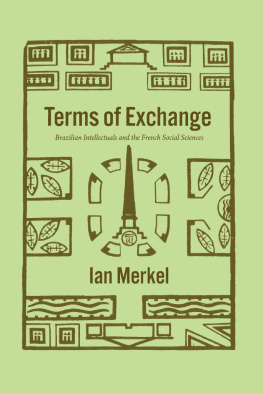
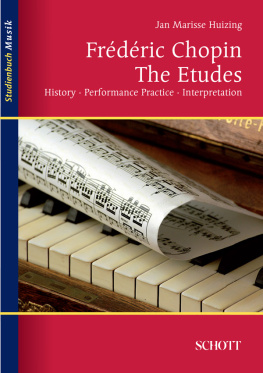
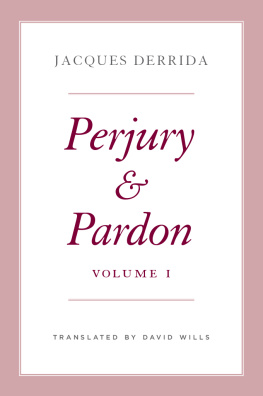
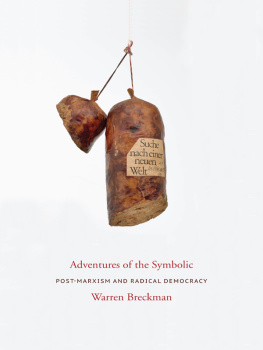
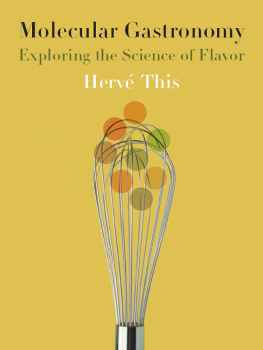

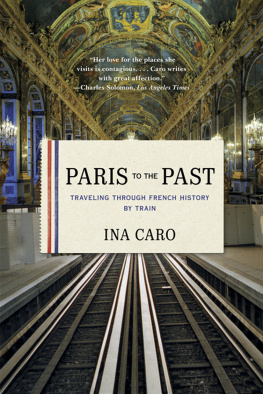
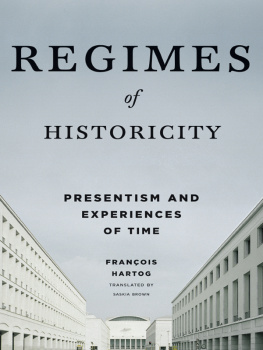
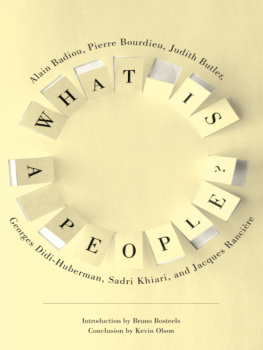
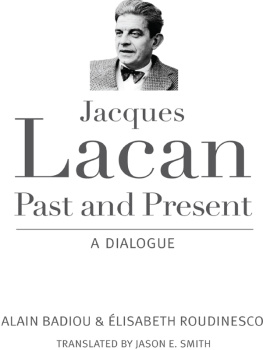

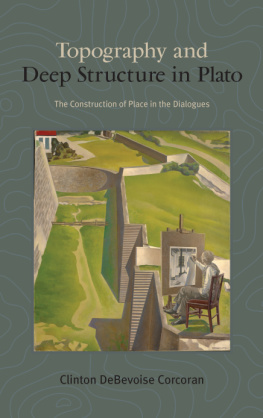
 New York
New York